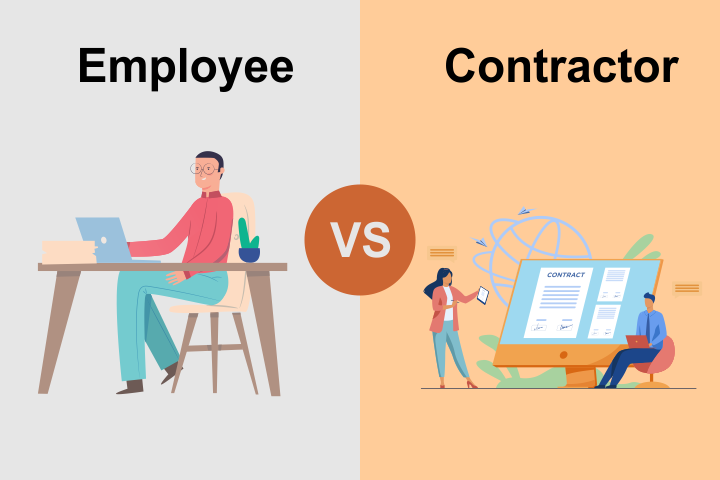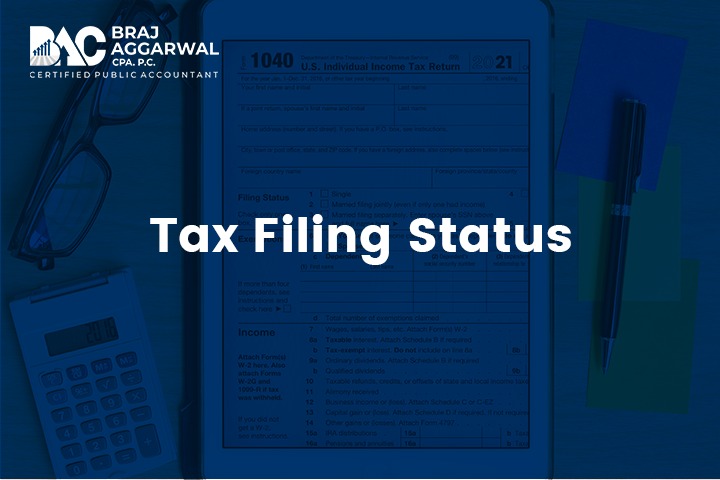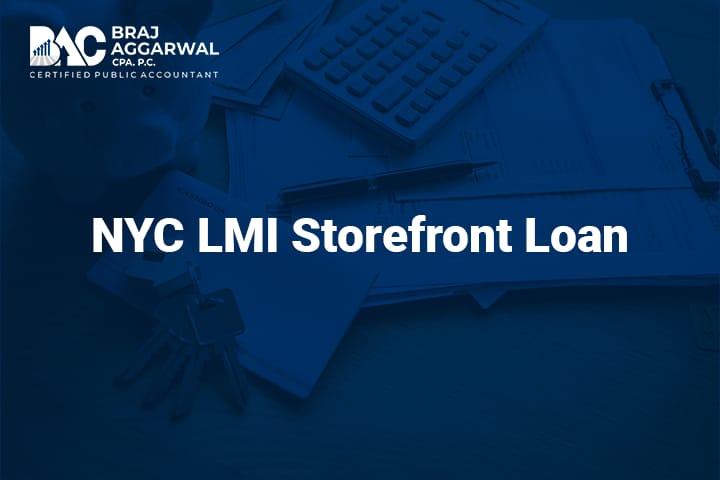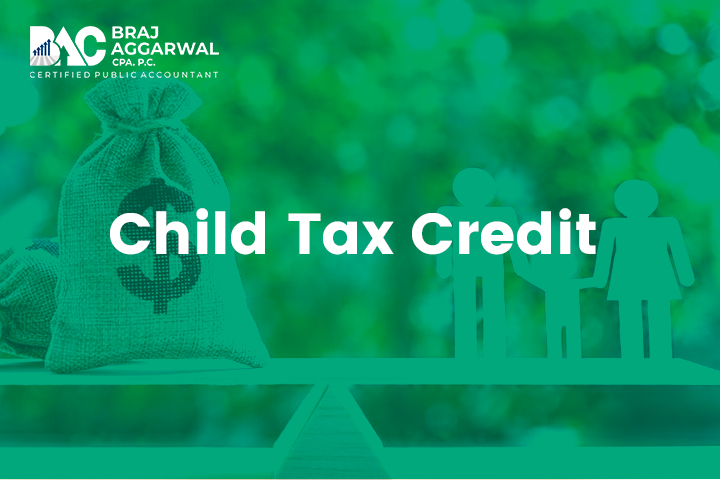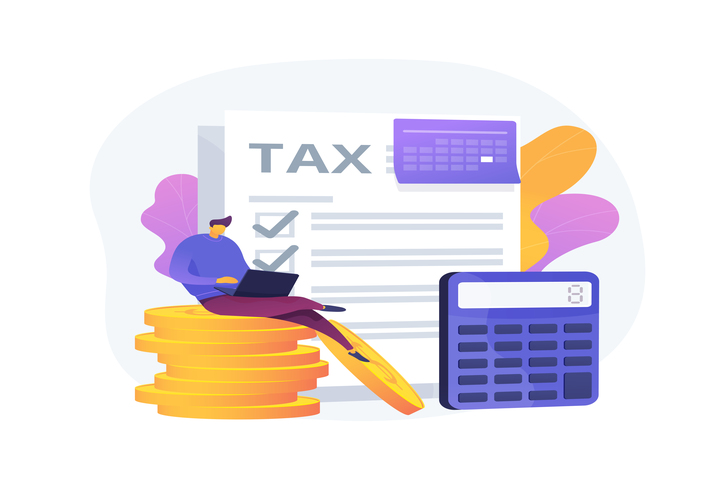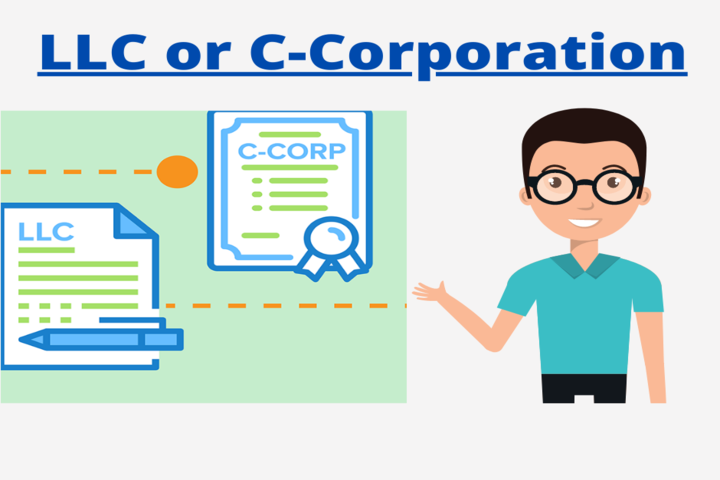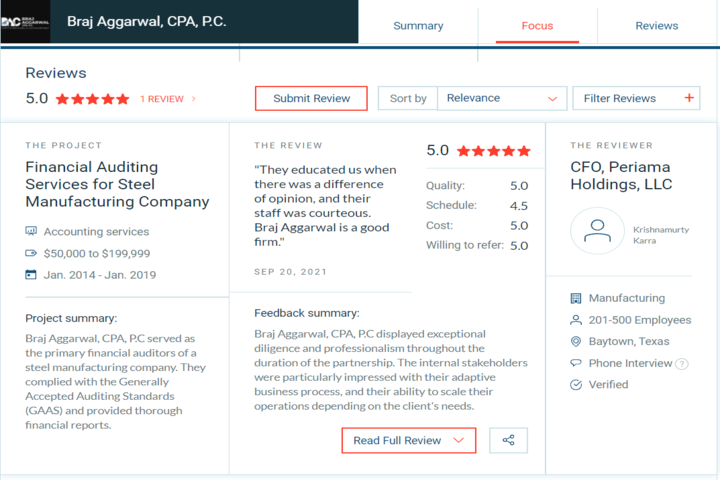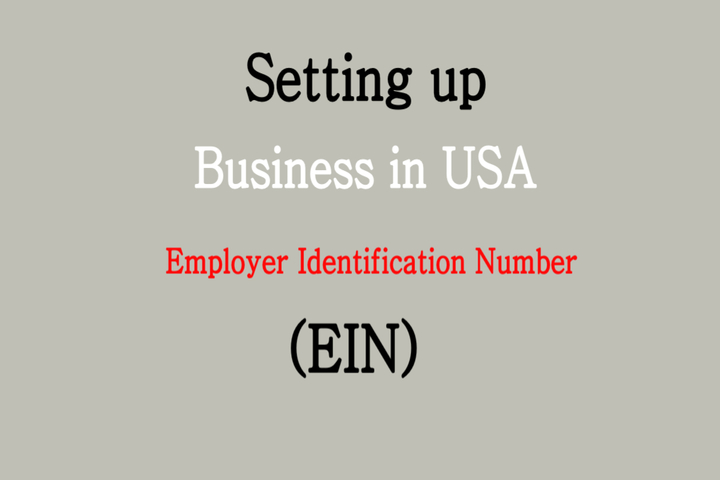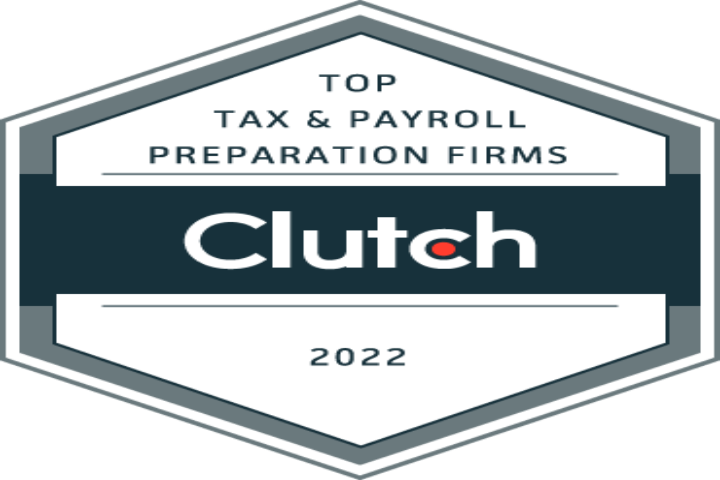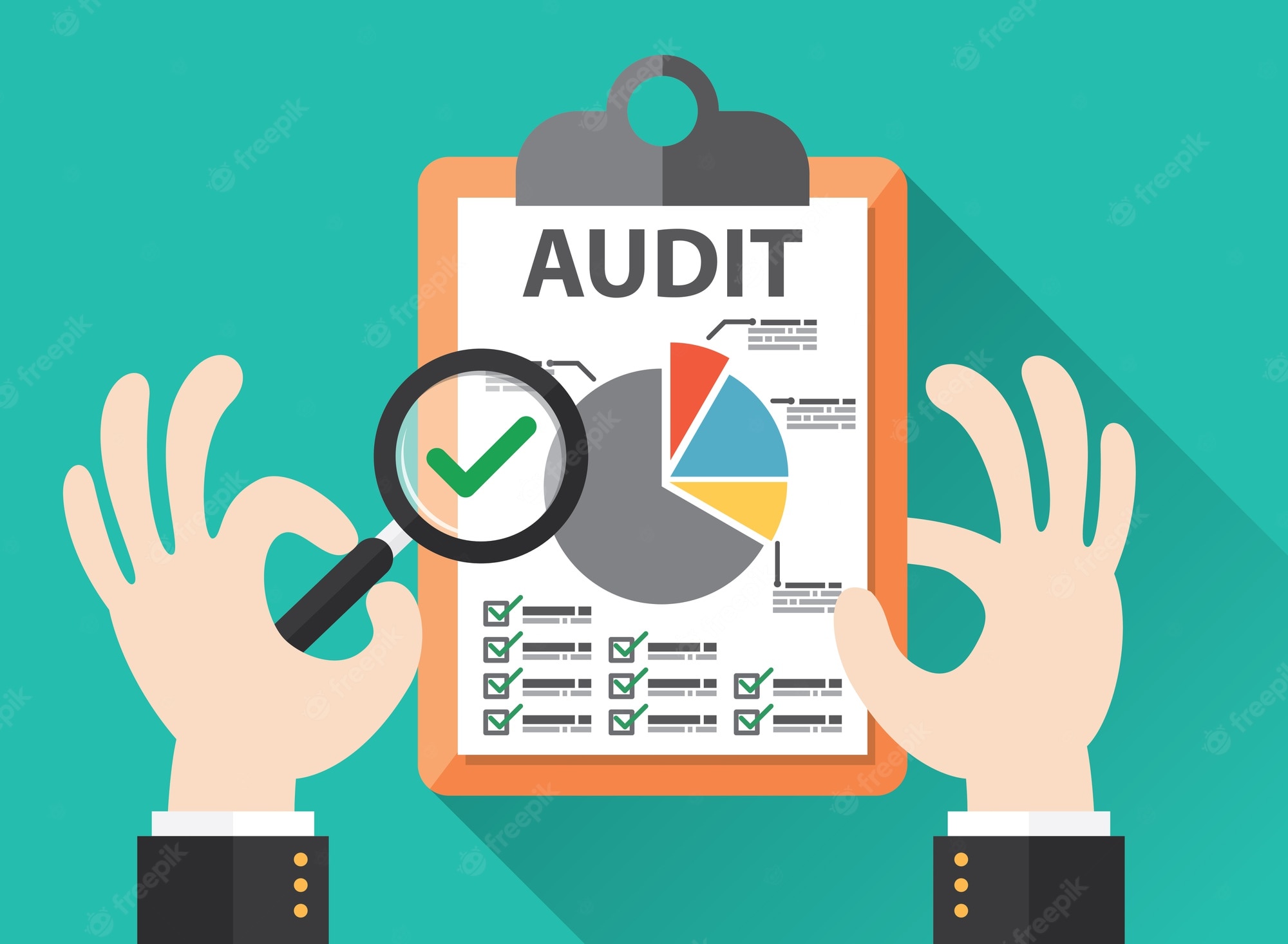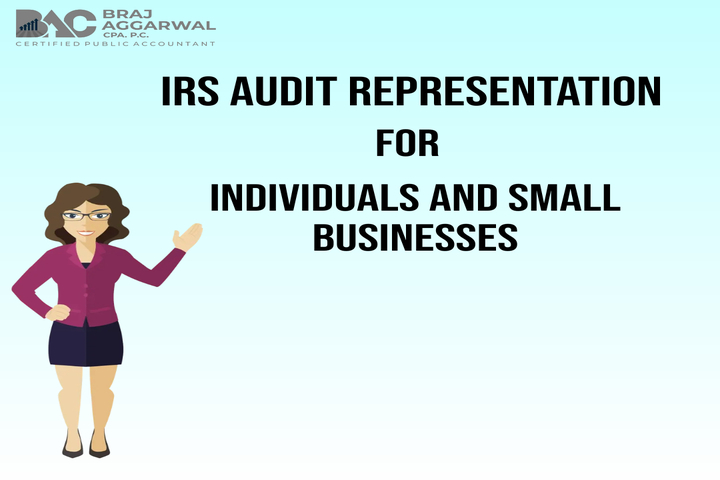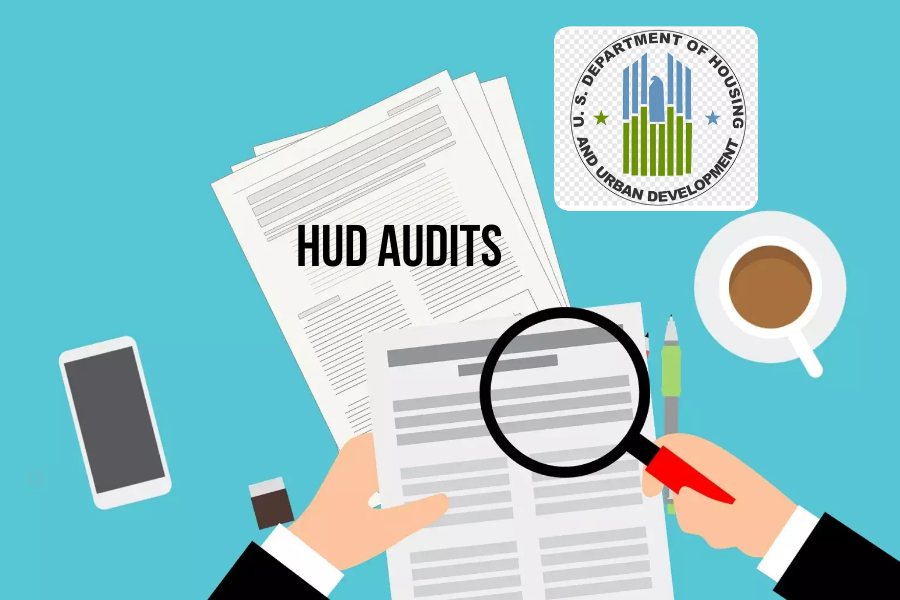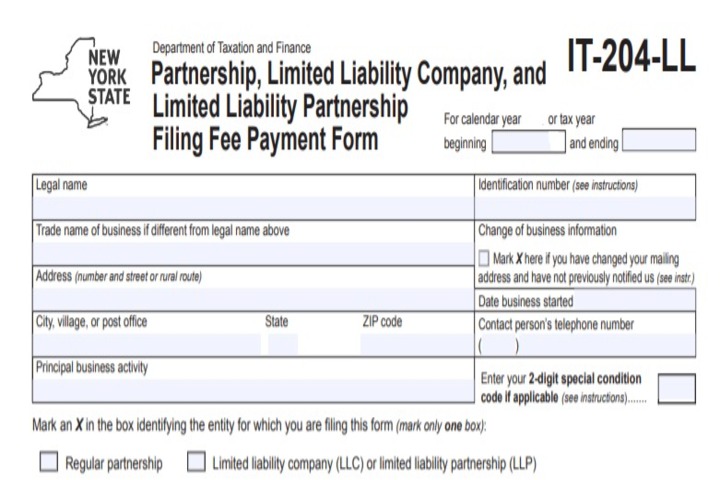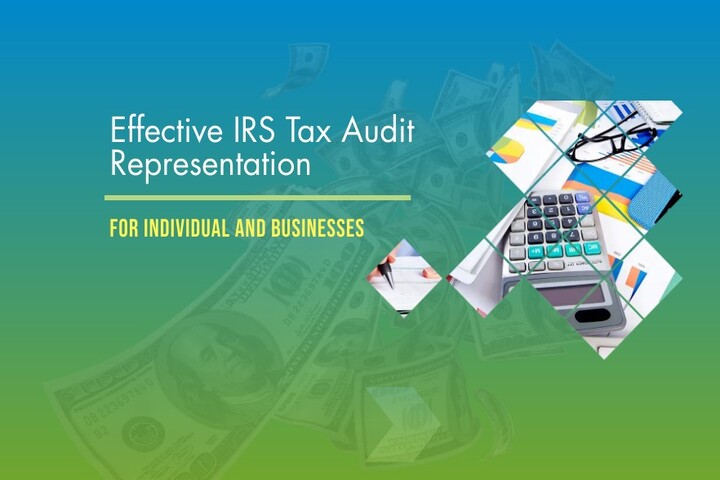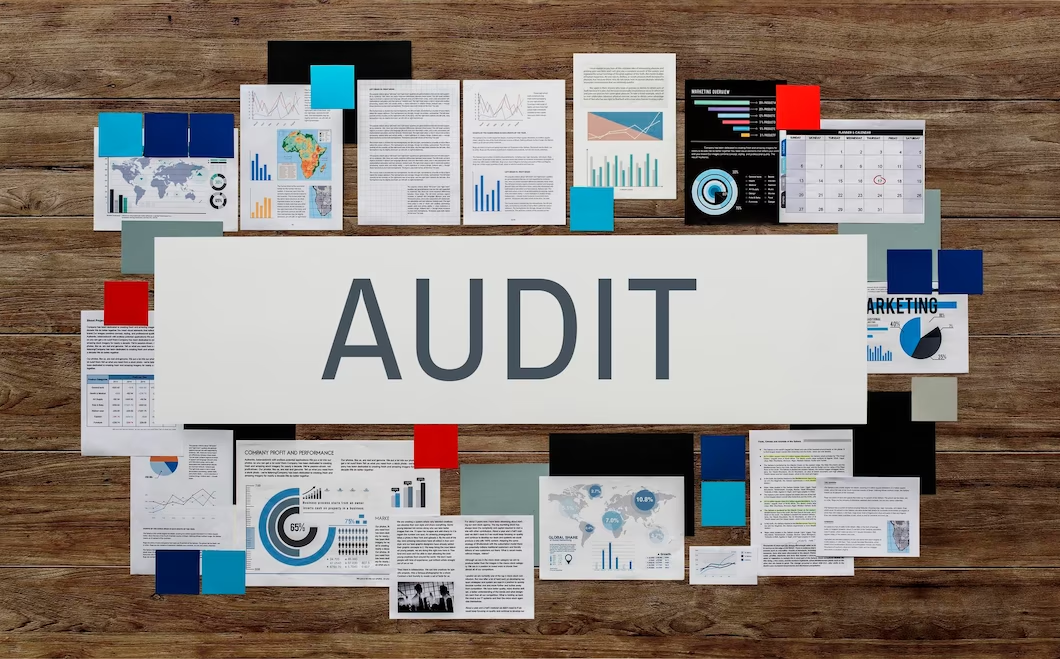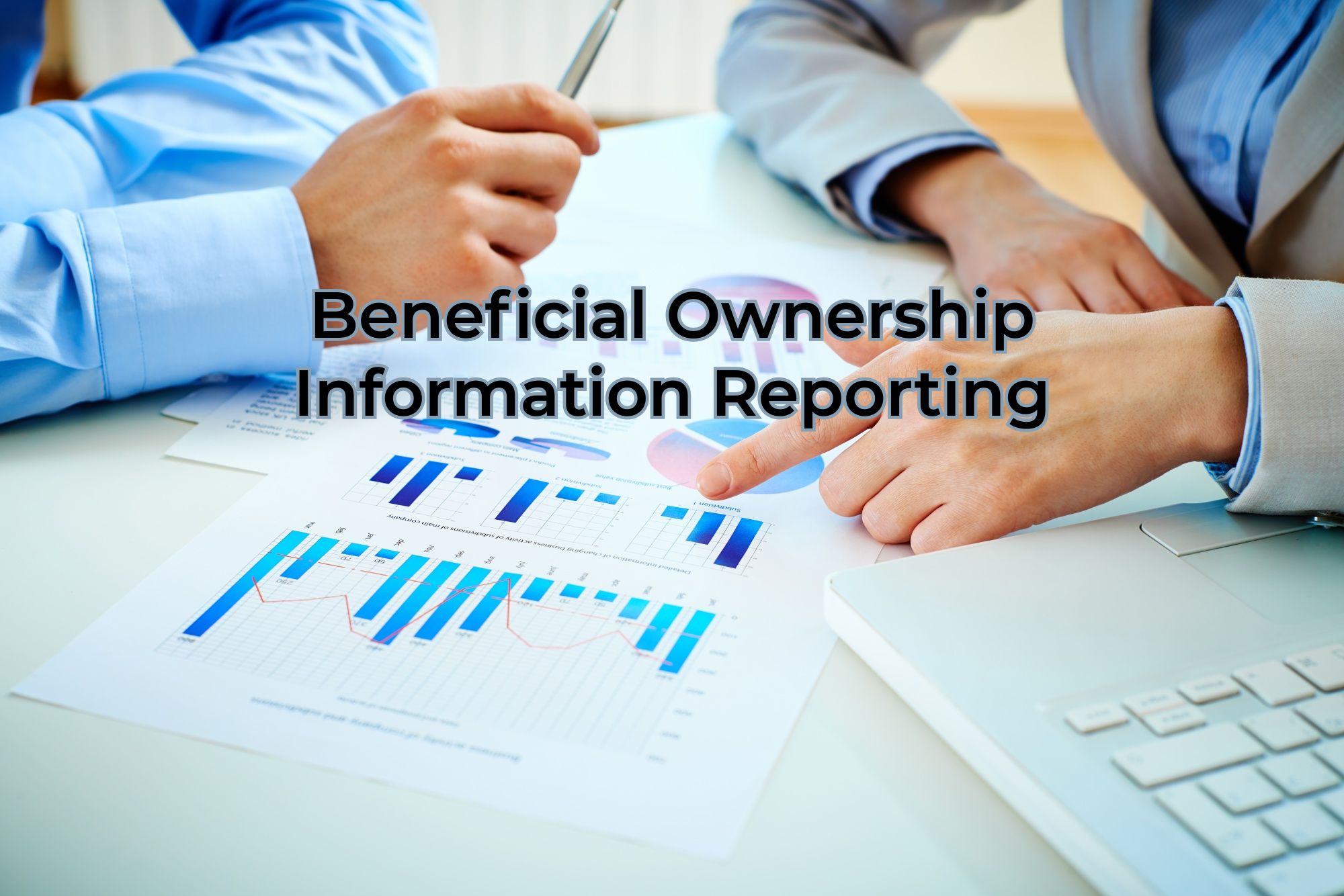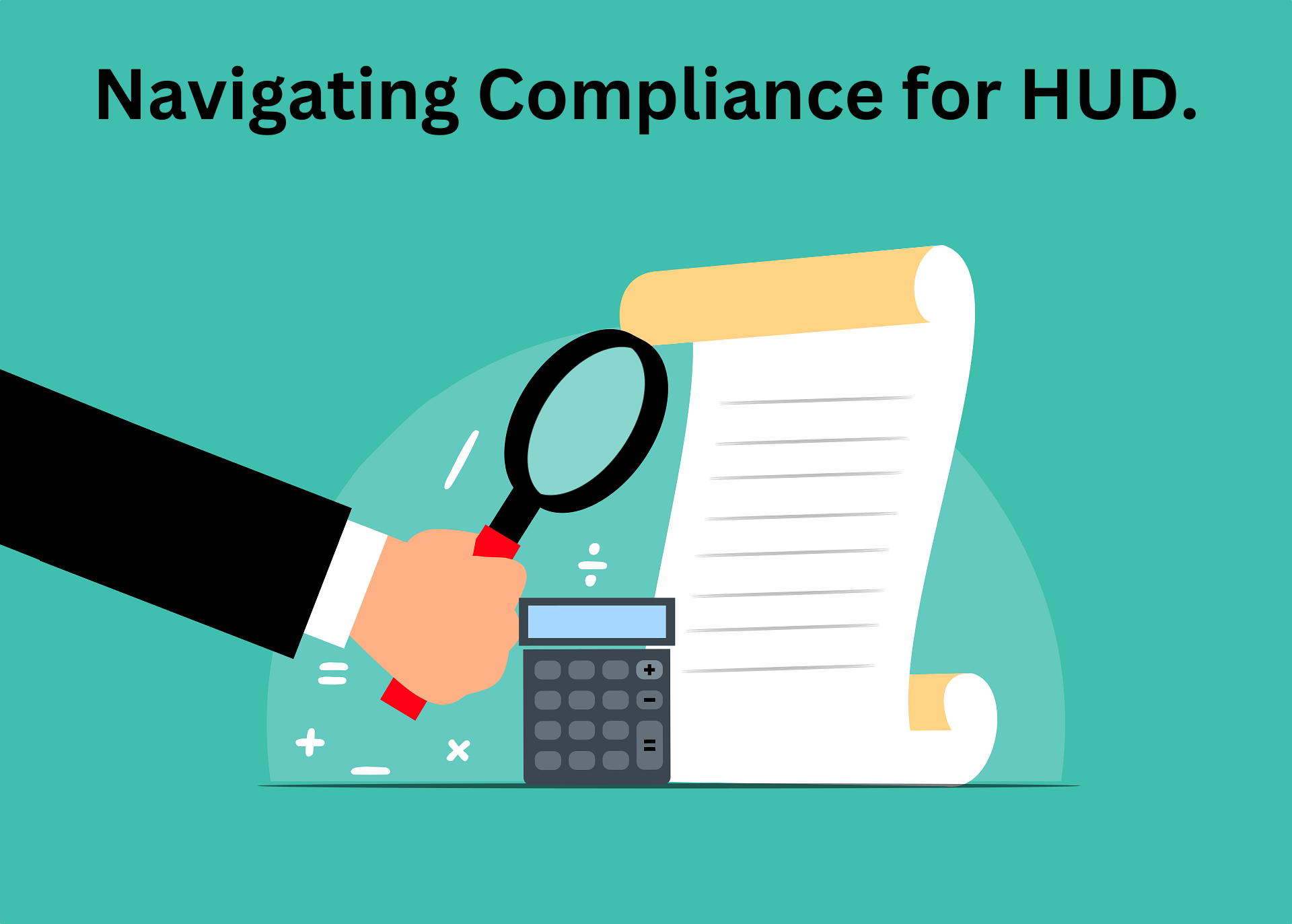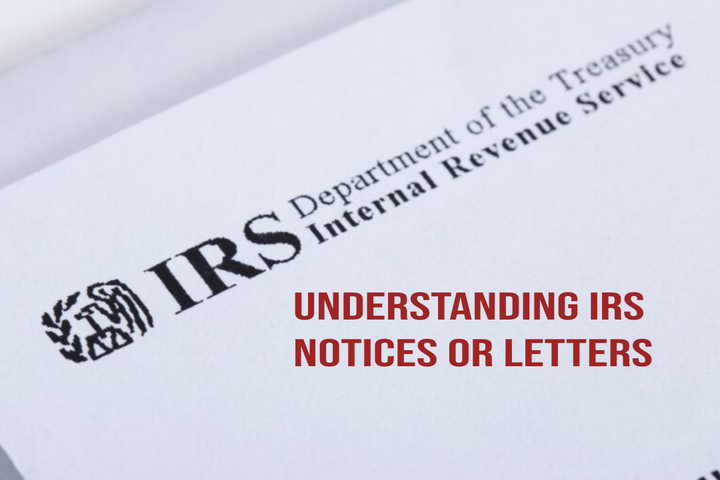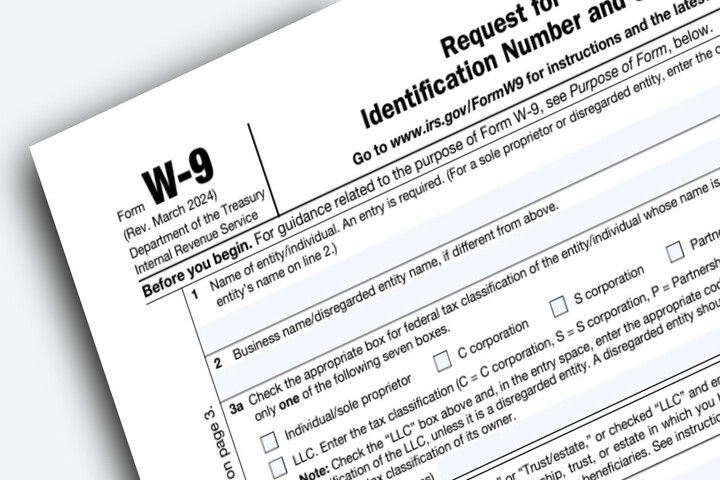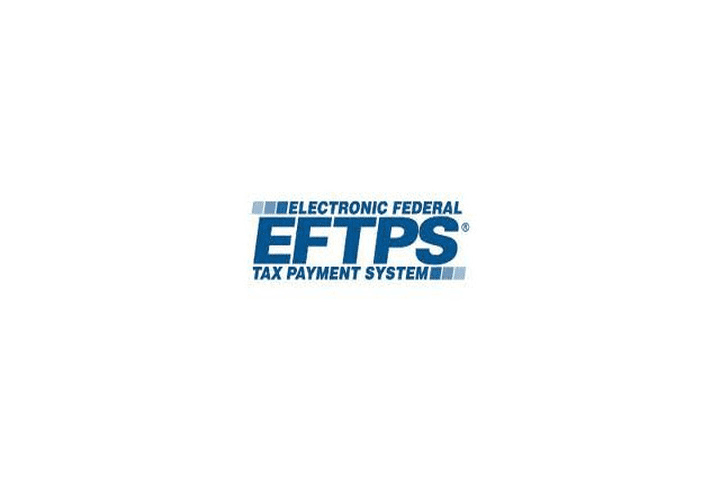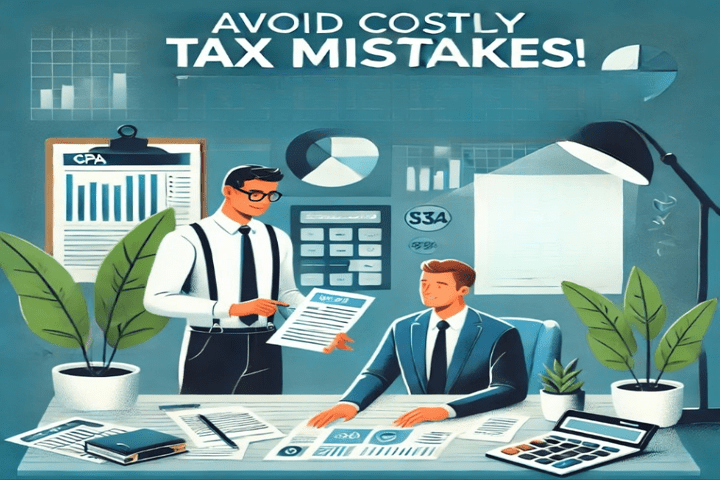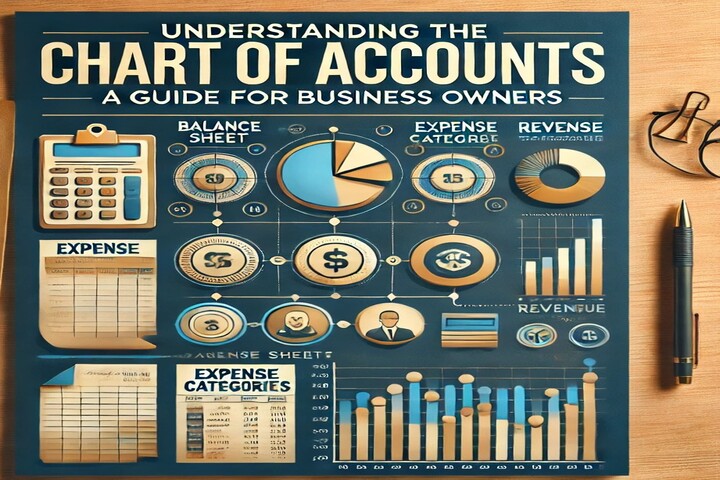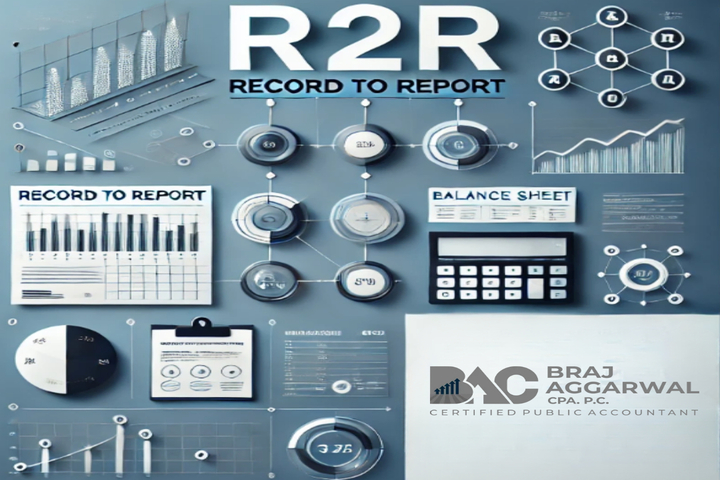Taxation: What is Form 1040 and who must file this form

What is Form 1040?
Form 1040 is the U.S. Individual Income Tax Return used by U.S. taxpayers to file their annual income tax return with IRS. This form along with the schedules, if applicable, is used to file your income as well as claim certain deductions or credits or if you owe additional taxes.
Do you have a business? To know more about the most common forms that are used in business, click here.
Is it mandatory to file your Income Tax Return?
Not everyone is required to file an income tax return each year, however, there are many factors that might require you to file or would make it beneficial for you to file your return.
You need not file a federal tax return if your income for the year does not exceed certain threshold, depending upon the type of gross income, your age and your filing status.
Additionally, you would need to file your return to get a refund of any federal income tax withheld or if you are qualified for any eligible credits.
Which Form 1040 should I use to file my annual income tax return with IRS?
To file their return, an individual must use either one of the three forms as mentioned below-
- Form 1040: This is used by most people to file their annual income tax return if they do not fall under the other 1040 form types mentioned below.
- Form 1040-SR (U.S. Tax Return for Seniors): This form is used by U.S. citizens or residents of the age 65 and above to file their annual income tax.
- Form 1040-NR (U.S. Nonresident Alien Income Tax Return): This form is used by either of the below -
• When a NR Alien engages in a business or trade in U.S.
• Represents a deceased who would have been taxed under Form 1040-NR.
• Represents an estate or trust that had to file Form 1040-NR.
What are the other 1040 Form types?
- Form 1040-ES (Estimated Tax): This form is used by U.S. citizens or residents to pay estimated taxes on income that is not subject to withholding. Estimated taxes are paid on quarterly basis.
- Form 1040-ES (NR): This form is used by U.S. Nonresident Alien to pay estimated taxes on income that is not subject to withholding. Estimated taxes are paid on quarterly basis.
- Form 1040-V (Payment Voucher): If you have any balance due on the “Amount you owe” line of Form 1040 or 1040-NR, then this form is sent along with the check or money order. ??SR??
-
Form 1040-X (Amended U.S. Individual Income Tax Return): This form is used to amend the following in a tax return already filed with IRS-
• Make corrections in Forms 1040, 1040-NR.
• Make certain elections after the prescribed deadline.
• Change amounts previously adjusted by the IRS.
• Make a claim for a carryback due to a loss or unused credit.
What are Schedules and when do I need to use Schedules to Form 1040?
A schedule is an additional tax form which is filled and submitted along with your income tax return when you have certain types of income or deductions. Many taxpayers would need to file only Form 1040 (Form 1040-SR or Form 1040-NR) without any schedules. However, taxpayers whose returns are more complicated would need to complete one or more schedules while filing their return.
If you e-file your return, the software uses a building block approach which allows taxpayers to add only those schedules which you need basis the details captured in the main Form 1040.
To know more about the different types of Schedules and when it is to be used, refer the link https://www.irs.gov/forms-pubs/schedules-for-form-1040.
To know more about your tax return and how to save taxes, connect with our tax advisory team at baggarwal@aggarwalcpa.com or call us on (+1) 718-426-4661.


